The University of Minnesota is instituting a new employee COVID-19 vaccine requirement for the spring 2022 semester in response to U.S. President Joe Biden’s recent executive order and a COVID-19 safety resolution from faculty.
If faculty across the system do not comply with the vaccine requirement by the start of spring semester, they will likely be suspended without pay. Previously, faculty were required to attest to their vaccination status, causing pushback from many faculty who supported a firmer mandate.
The disciplinary process does not apply to unionized faculty, academic professionals and administrators and other employees or students, said Rebecca Ropers at the Nov. 18 Faculty Consultative Committee (FCC), vice provost for faculty and academic affairs.
“We expect that most or all [faculty] who do not comply will be suspended for the spring semester,” Ropers said in an email to the Minnesota Daily. “Compliance is a condition of employment. As such, unpaid suspension for the semester is likely.”
The deadline to comply with the mandate for all employees was Friday. As of Thursday, about one-third of faculty had not fully complied, but the University expected most would comply by the deadline, according to Ropers.
To fully comply, an employee must submit the type of vaccine they received, the dates of their dose(s) and documentation of their vaccine through an online portal.
If a faculty member failed to comply by Friday, they will meet with the dean of their respective college as a reminder to complete the requirement and will have another opportunity to comply. The University hope most cases of noncompliance will be settled after this, Ropers said at the Thursday FCC meeting.
If a faculty member refuses to complete the requirement, the appropriate dean will send the case to the COVID-19 Vaccination Compliance Panel (CVCP), a new committee approved by the Faculty Senate Thursday.
The CVCP will advise deans on whether unpaid suspension for the spring semester is an appropriate disciplinary consequence. A separate FCC subcommittee will advise the dean on whether the faculty will likely cause serious harm or injury and not be able to continue working during proceedings. This would allow for a temporary unpaid suspension during the proceedings.
“Having two groups ensures robust faculty oversight of the disciplinary process, particularly when serious consequences are being considered,” Ropers said.
Deans have until the start of spring semester to send letters to faculty members initiating their disciplinary decision. Faculty members then have 30 days to appeal the decision to the Senate Judiciary Committee, Ropers said at the Faculty Senate meeting.
The vaccine mandate was first announced on Oct. 22 after Biden issued an executive order requiring all federal contractors to show proof of employee vaccination. The University receives more than $500 million per year through federal contracts.
The mandate is also in response to an October COVID-19 safety resolution from faculty senators, which asked for an employee vaccine requirement, although many faculty felt the mandate was mainly in response to the executive order, said Michael Minta, a political science professor and co-author of the resolution.
“I think that we had some good progress,” Minta said in response to the University’s vaccine mandate change.
The employee vaccine requirement was the only concrete action University senior leadership took in response to the advisory resolution, leaving some faculty uneasy about other aspects, namely regular testing of all people on campus.
“There’s still concern about the robustness of the testing facilities,” Minta said. “I think that we’re still somewhat uneasy about [contact tracing] also.”
In their written response to the resolution, University administration said a surveillance testing program is not consistent with guidance from public health experts and agencies, since the majority of people on campus have reported being vaccinated.
University administration said it is exploring how to best implement regular testing for employees with vaccine exemptions.
Faculty also asked in the resolution for the ability to inform their classes if another student is positive with COVID-19. The University administration upheld their previous stance from the beginning of the semester that instructors cannot disclose students’ private health information. The Minnesota Department of Health (MDH) is conducting contact tracing, according to the University.
Another major concern for many faculty was the ability to change course modalities, especially if a household member is immunocompromised. The University administration directed faculty to discuss these concerns with supervisors. Senior leadership said they expect accommodations will be made.
“In the past, the administration failed to provide remote work for all employees who were vulnerable to severe infection or cared for [vulnerable] household members,” said Ellen Messer-Davidow, a University English professor and co-author of the resolution, in an email to the Minnesota Daily. “We’ll see if it acts more responsibly going forward.”
November was one of Minnesota’s deadliest months for COVID-19 since January and health officials confirmed the state’s first Omicron variant case on Dec. 2, according to MDH data. Even with the new vaccine mandate and responses to other safety concerns, some people said they are still worried about the spread of COVID-19.
“I’m just always concerned about the possibility of our faculty, our students, our staff taking COVID … home and then spreading it to someone who’s vulnerable,” Minta said. “We have a moral responsibility to make sure we’re doing the best that we can to keep everyone safe.”


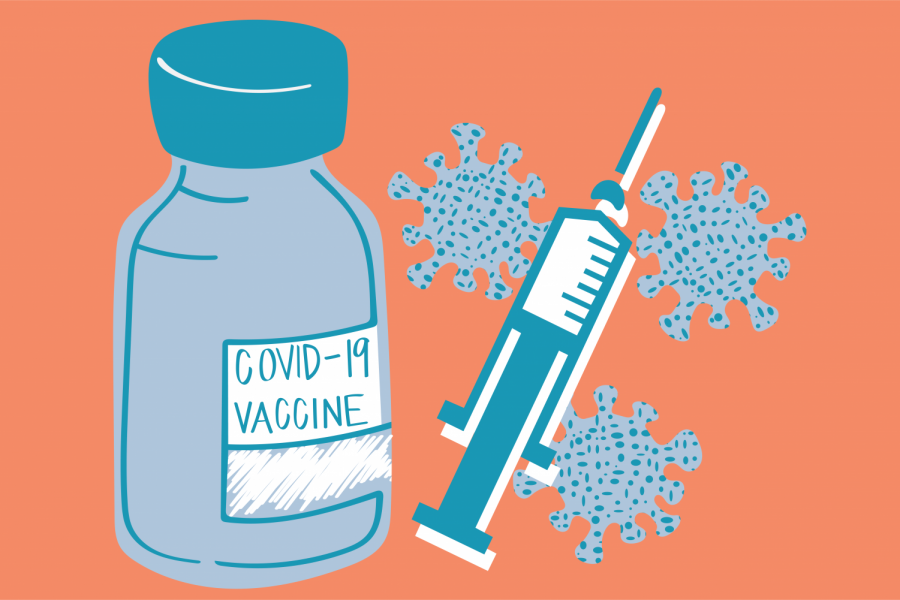






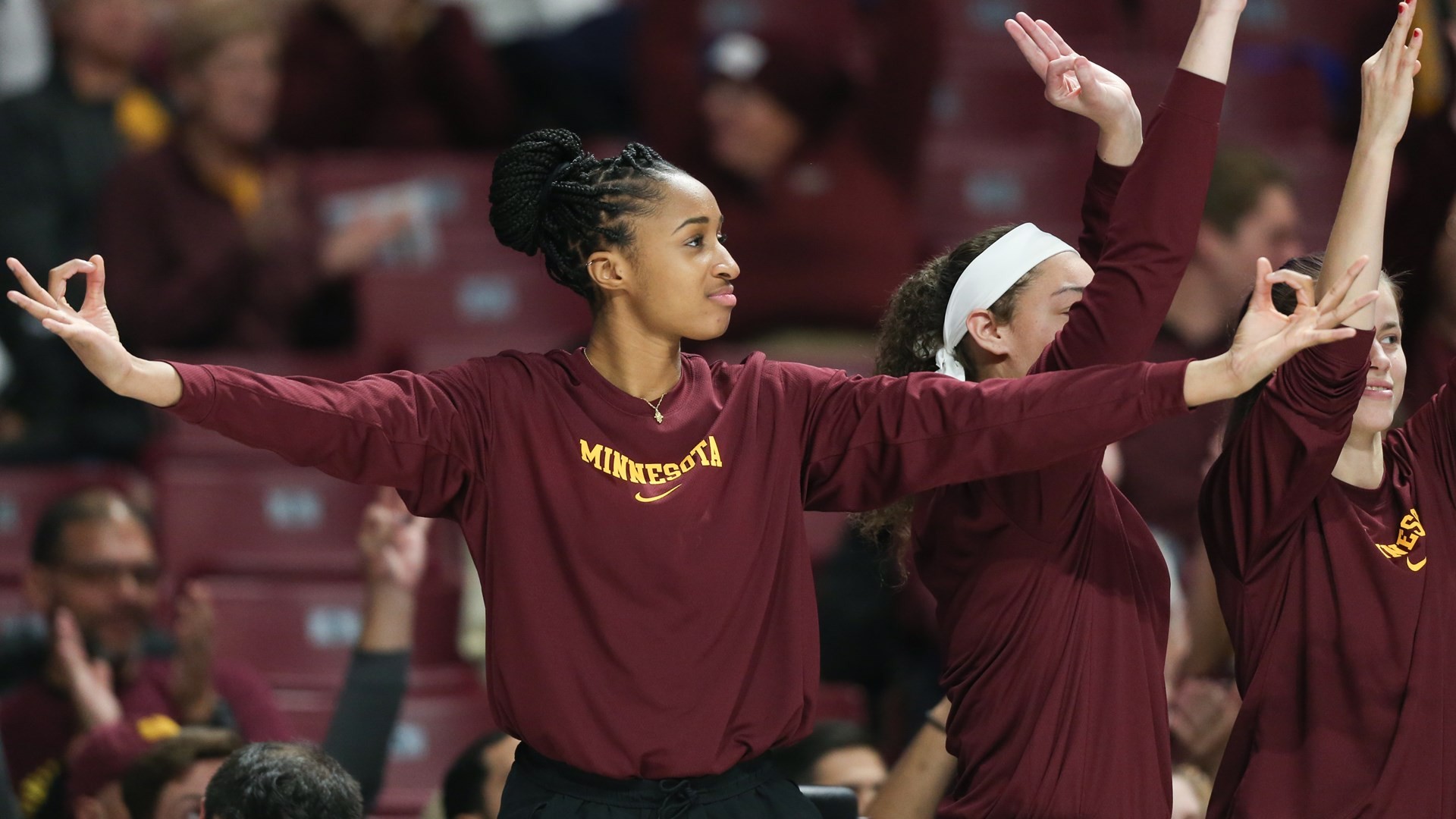
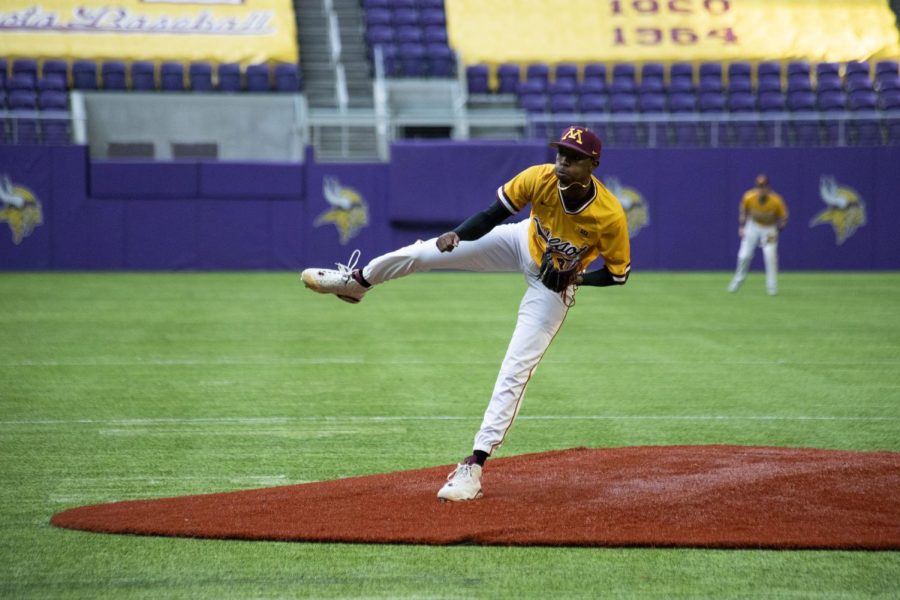
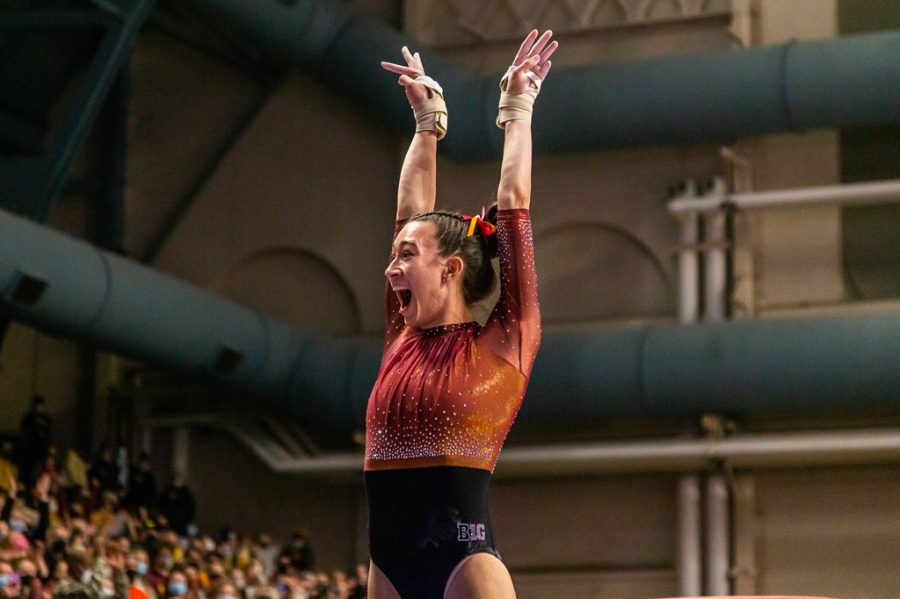
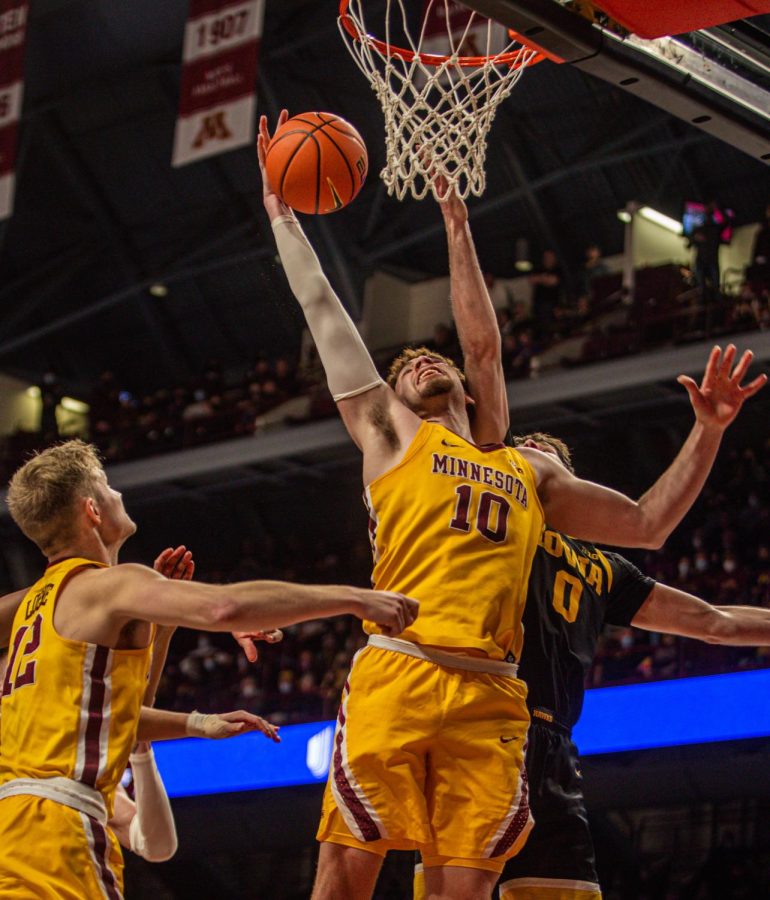
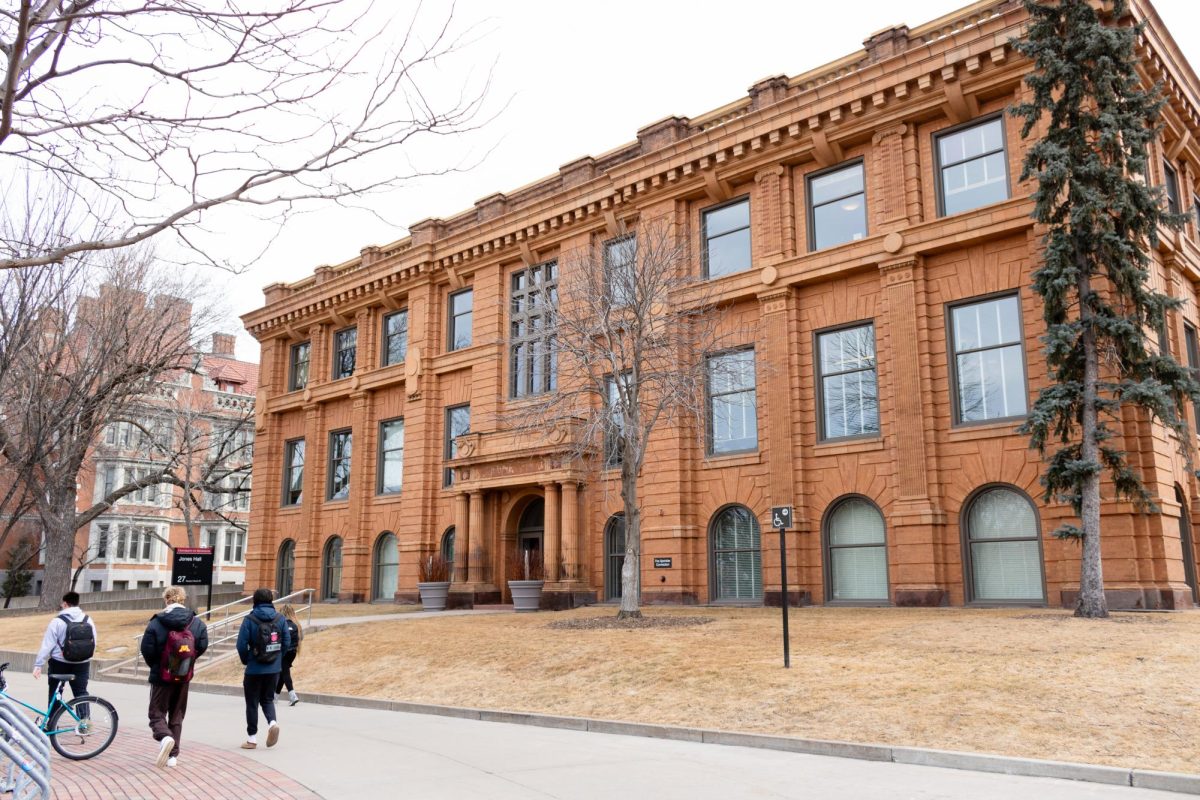


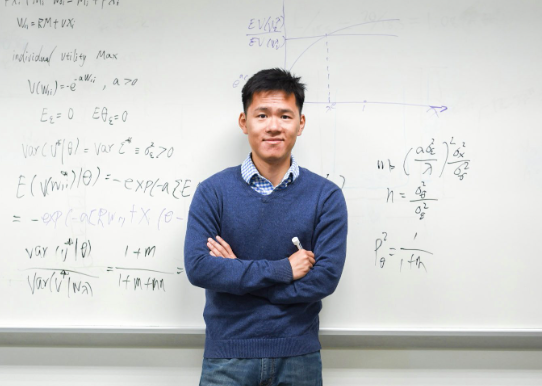
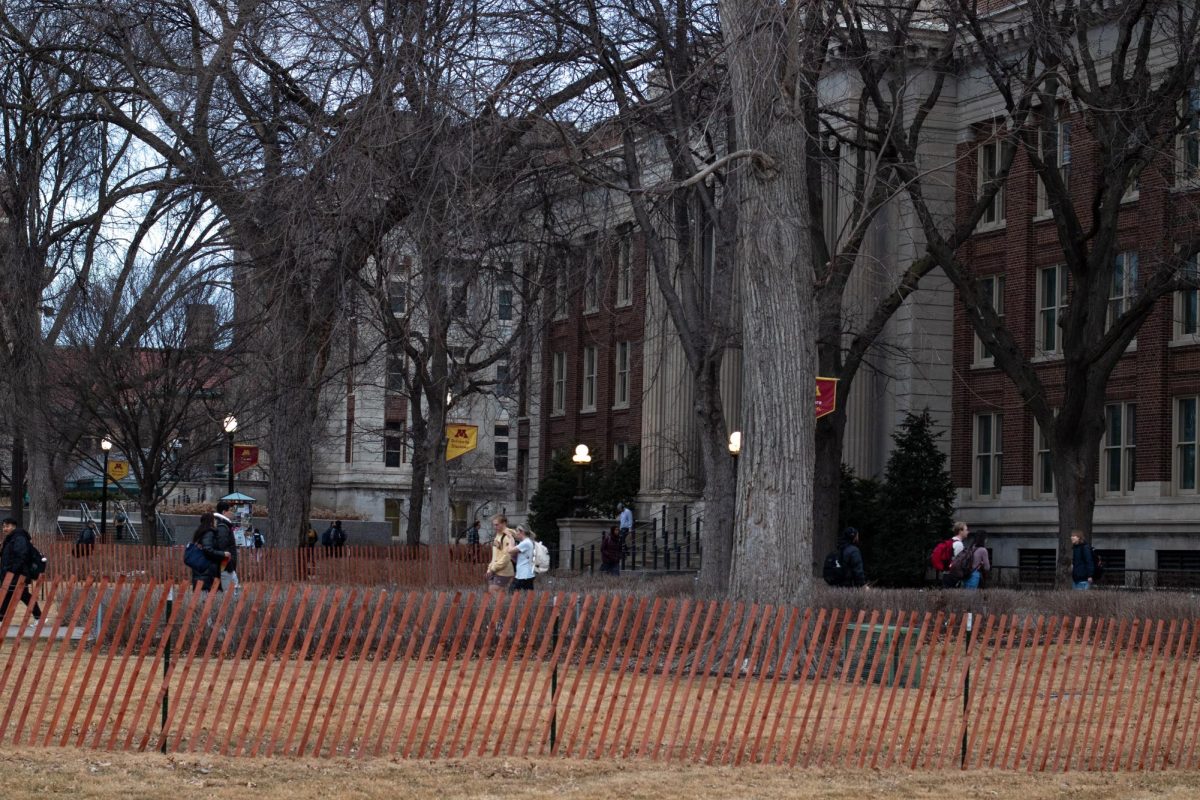
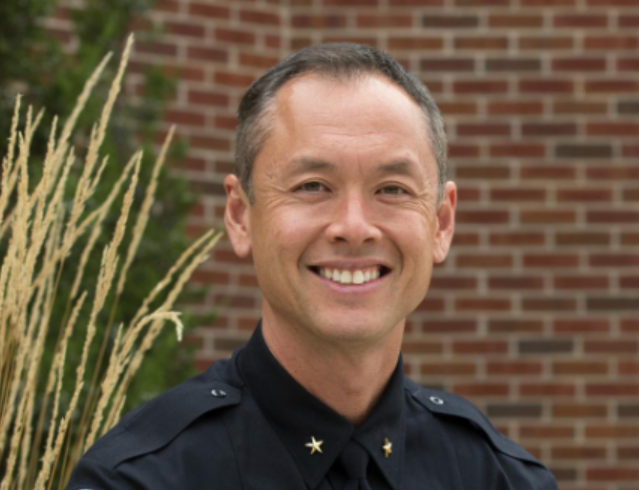
A Gopher
Dec 8, 2021 at 6:31 pm
*moot
lostoncampus
Dec 7, 2021 at 12:37 pm
Court struck down Bidens mandate, so this is ALL MUTE